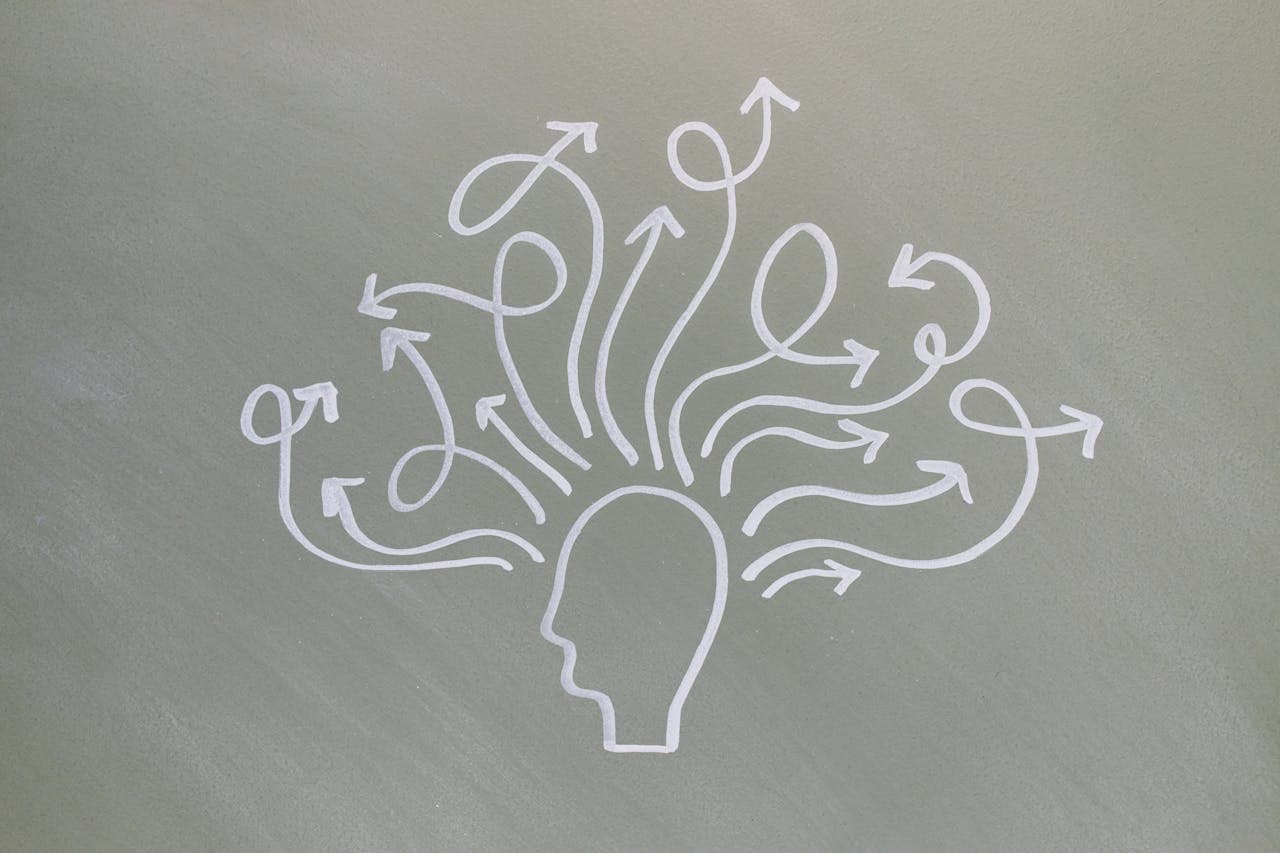Chronic stress harms your health and relationships. It disrupts daily life. Quick fixes offer only temporary relief. You deserve better solutions.
Science confirms mindfulness reduces stress effectively. Research shows measurable benefits for both mind and body. This isn't just relaxation. It's a powerful stress management tool.
Ready to begin your journey?
Understanding Mindfulness and Stress
Mindfulness means paying attention to the present moment without judgment. It involves noticing your thoughts, feelings, and bodily sensations as they happen.
This simple practice creates measurable changes in the brain and body.
The Origins of Modern Mindfulness Practice
Mindfulness has roots in ancient traditions. Modern science adapted it through Jon Kabat-Zinn's Mindfulness-Based Stress Reduction program.
He created this eight-week course in 1979 at the University of Massachusetts Medical School.
The program combines meditation, body awareness, and yoga. Today, MBSR serves as the gold standard for mindfulness research. Thousands of studies now confirm its effectiveness for stress reduction.
The program teaches people to observe their experiences without reacting automatically.
How Stress Affects Your Body and Brain
Stress triggers your body's fight-or-flight response. Your heart beats faster. Muscles tighten. Breathing quickens. These reactions helped our ancestors survive physical threats.
Today, we face different stressors like work deadlines and financial worries. When stress becomes constant, it harms your health.
Chronic stress increases inflammation throughout your body.
It shrinks areas of your brain responsible for memory and decision-making. Stress also enlarges the amygdala, your brain's fear center. This makes you more reactive to future stressors.
Mindfulness helps break this cycle by changing how your brain responds to stress.
Remember: Regular mindfulness practice can change your brain structure.
Why It Matters: The Science Behind Mindfulness
Mindfulness changes how your brain processes stress. It creates measurable shifts in brain structure and function.
These changes lead to real improvements in how you handle daily pressures.
How Mindfulness Rewires Your Stress Response
Mindfulness practice reduces activity in your amygdala. This is your brain's fear center that triggers stress responses. Regular practice strengthens connections between thinking and emotional brain regions.
Your prefrontal cortex becomes better at regulating emotional reactions. This means you respond to stressors with more balance.
Mindfulness also helps lower cortisol levels over time. Cortisol is the primary stress hormone that damages your body when constantly elevated.
Brain imaging studies reveal increased gray matter density in areas related to learning and emotional regulation.
These physical brain changes explain why mindfulness creates lasting stress reduction.
Mindfulness vs. Other Stress Reduction Techniques
Mindfulness works differently from simple distraction techniques. Distraction avoids stress temporarily. Mindfulness teaches you to face stress with awareness.
You learn to observe stressful thoughts without getting caught in them. This creates permanent changes in your relationship with stress.
Mindfulness helps you accept uncomfortable feelings rather than fight them. Fighting stress often makes it stronger.
- Acceptance reduces the secondary stress.
- Relaxation offers temporary relief.
- Mindfulness builds permanent stress resilience skills.
Real Benefits Backed by Research
Science confirms mindfulness reduces stress across many different situations. Over 20 years of research show consistent, measurable benefits. These findings come from studies at top medical institutions worldwide.
Proven Benefits for Specific Stress-Related Conditions
Mindfulness significantly reduces anxiety symptoms according to multiple meta-analyses. A University of Wisconsin study tracked corporate employees practicing mindfulness. They showed reduced anxiety and stronger immune responses to flu vaccines.
The Mayo Clinic confirms mindfulness helps manage chronic pain by changing how the brain processes discomfort. Medical students using these techniques experience less test anxiety and improved focus.
Who Benefits Most from Mindfulness Practice?
Research shows everyone can benefit from mindfulness practice. Some people see results faster than others. People with higher baseline stress levels often notice changes more quickly.
A UC Davis study found that students who practiced daily saw benefits within two weeks.
Healthcare workers report immediate stress relief during short breathing exercises between patients.
Parents find that even five minutes of mindful breathing helps manage daily pressures. In fact, new mothers facing PPD saw an increase in their mood when pairing mindfulness techniques with their PPD medication.
If you are curious, we have written a guide on 5 mindfulness techniques to pair with your PPD medication.
Practical Ways to Apply Mindfulness
Mindfulness works best when you practice regularly. You don't need hours of meditation. Just five minutes daily creates meaningful changes. These research-backed techniques fit into any schedule.
The 5-Minute Daily Practice That Changes Everything
- Sit comfortably with your feet on the floor.
- Close your eyes or soften your gaze.
- Focus on your natural breathing pattern.
- Feel your torso expand and contract with each breath.
- Notice the air moving through your nostrils.
- When thoughts distract you, gently return to your breath.
Start with just three minutes. Gradually increase to five minutes daily.
This simple practice builds your mindfulness muscle.
Research shows consistent practice creates measurable brain changes within eight weeks.
Beyond Basic Meditation: Advanced Stress-Reduction Techniques
Try a body scan when stress builds during your day.
- Notice sensations from head to toe without judgment.
- Start with your feet. Move slowly up through your body.
- Notice tension, warmth, or other sensations.
- Don't try to change anything. Just observe.
For busy moments, practice mindful walking
Feel each foot lifting, moving, and touching the ground. This anchors you in the present moment
You can also practice mindful listening during conversations.
Focus completely on what others say without planning your response.
Making Mindfulness Work With Your Medication Plan
Mindfulness complements medication management for stress.
Practice mindfulness before taking your medication. This creates a consistent daily routine.
- Notice how your body feels before and after medication.
- Track both medication effects and mindfulness practice in a journal.
Our specialists help patients integrate these approaches safely. Schedule an appointment today.
Conclusion
Mindfulness changes your relationship with stress. Science confirms it's not about eliminating stress. It's about changing how you respond to it.
Regular practice creates measurable brain changes that improve your stress resilience.
- You've learned how mindfulness reduces activity in your brain's fear center.
- You've discovered techniques that fit into even the busiest schedule.
- You now understand how mindfulness complements other approaches to stress management.
These changes happen with consistent daily practice.
The most powerful aspect of mindfulness is its ability to help you respond rather than react. Stress will always be part of life, but with mindfulness, stress no longer controls your life.
You gain the space to choose your response to challenging situations.
Our clinic has seen remarkable results when patients combine mindfulness with their treatment plans. 92% of our patients report noticeable stress reduction within eight weeks of starting a regular practice.
Start your journey to sustainable stress reduction today. Schedule an appointment with our specialists to create a personalized plan.
Your plan can combine mindfulness with your medication management for the best possible results.
You deserve to live with less stress and more peace.
Your journey begins with a single mindful breath. Take that step today.




